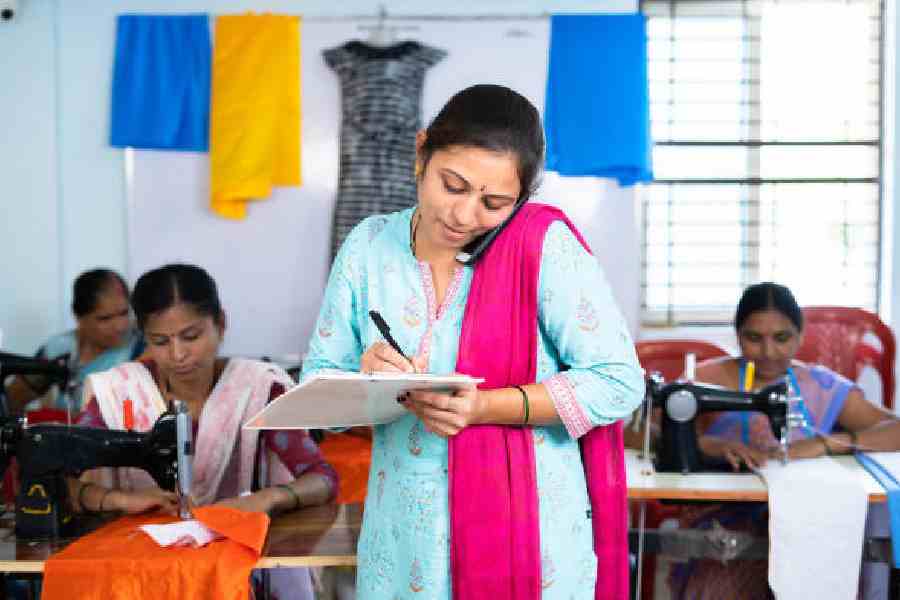Social entrepreneurs innovate, think long term, says former professor Madhukar Shukla


Madhukar Shukla is a former professor in the department of organisational behaviour at XLRI -Xavier School of Management in Jamshedpur. He has over four decades of experience with the National Productivity Council and is a former faculty member of Hyderabad’s Administrative Staff College of India. He has trained, mentored and identified several social entrepreneurs. He has written four books, including Social Entrepreneurship in India: Quarter Idealism and a Pound of Pragmatism. Prasun Chaudhuri chats with him.
QHow would you define the term social entrepreneurship?
First, it is a social mission. Its primary motive is to solve an existing social problem. For instance, pay-per-use toilets. Introduced by Bindeshwar Pathak (Sulabh International), these have been working on improving the sanitation conditions of the country. Second, social entrepreneurs try to approach problems differently. They try to come up with long-lasting or sustainable solutions. But social entrepreneurs are first and foremost entrepreneurs. They don’t offer their services for free.
Q You mean their social objectives distinguish them from other entrepreneurs.
Unlike commercial entrepreneurs who need to maximise profit, or even socially responsive businesses which are essentially for-profit ventures that seek to leverage business for a more sustainable world, social entrepreneurs use entrepreneurial strategies to develop and implement solutions to social problems.
Q India has so many social problems. One would think this country is an ideal place to become a hub of social entrepreneurship...
Like there are problems, there are many people who can or are eager to solve the problems. By solving the problems they create wealth, for themselves and the public. There is Bunker Roy who started Barefoot College. To solve energy crisis they have trained illiterate and poor villages to make solar-powered lanterns and instal solar lighting systems, so they can earn a living.
Q So Bunker Roy aimed to solve the energy crisis and also create wealth through solar power?
What inspired him to take up this venture is decentralisation of energy distribution. In India centralised grids have failed to distribute energy across the nation. Even when it reaches villages, the quality of electricity is poor. So Barefoot College takes illiterate villagers — most of them Dalits or women — and trains them in technical skills such as solar panel installation. With funding from foundations, donations and the government, the college also runs literacy classes, health campaigns, a water resources department, study centres and a sanitary pad factory.
Q What’s the difference between a non-governmental organisation for a social cause and a social entrepreneurship?
Typically, NGOs try to help people, but don’t think in terms of innovation. That’s why their model is not always sustainable. For instance, there are many NGOs that supply textbooks to school students who can’t afford them. But a social entrepreneur called Pradip Lokhande from Pune in Maharashtra decided to set up rural libraries for school students with donations from non-resident villagers who have earned some wealth. These books of various genres — including music, culture, the Constitution — were meant to encourage reading habits in children. His innovation was to include a postcard in each book so that they write a thank-you note and a small review of the book. The project, called Gyan Key, was able to deliver over a million books in thousands of villages in many states. The model is not only sustainable but he has also been able to scale up based on the small profit he makes.
Q Goonj’s Anshu Gupta, Selco’s Harish Hande are also in this league of social entrepreneurs.
Yes. Anshu started with donated used clothes — an urban waste — and turned them into a tool to trigger development work on various issues. Harish helped more than half a million people access solar electricity by selling a unique home-lighting system through an innovative financing model for the poor.
Q Isn’t it tough for B-school students to start and sustain a successful social entrepreneurship venture?
It’s a major challenge indeed. But most good management institutes groom students for social entrepreneurship. The Tata Institute of Social Sciences, Mumbai, and the Institute of Rural Management, Anand, Gujarat, have specific courses for social entrepreneurship. These organisations also help graduates access seed funds.
QDo social entrepreneurs have a very high risk of failure?
Definitely. There are flaws in planning and often there are problems at the implementation stage. You need immense patience too.